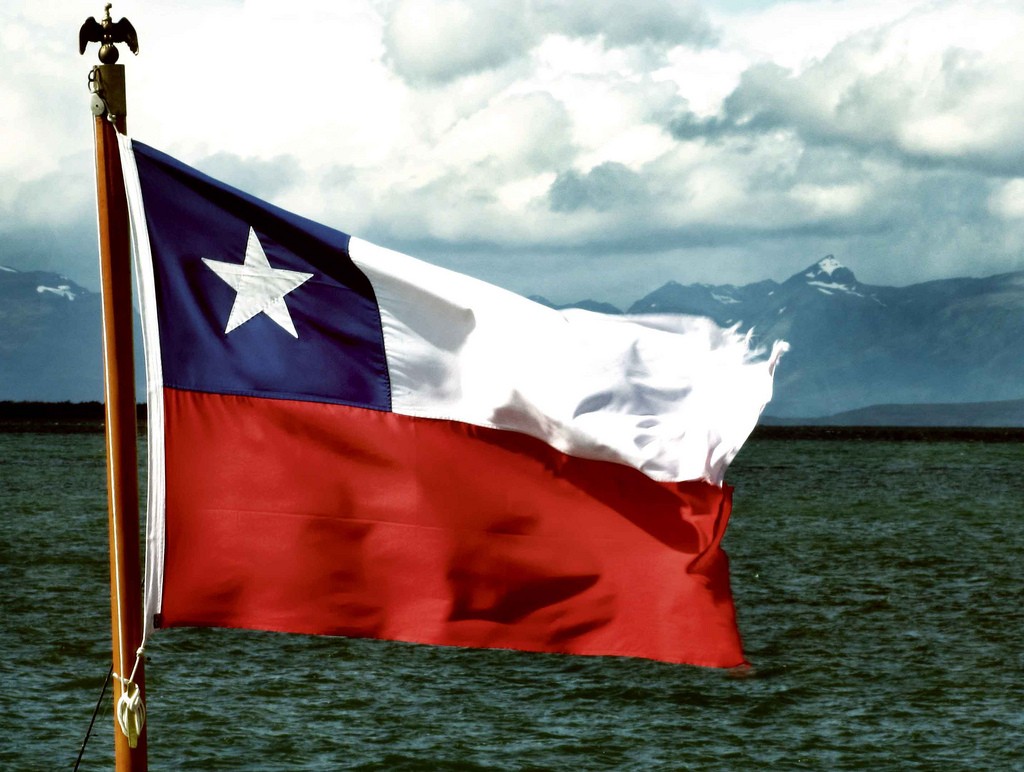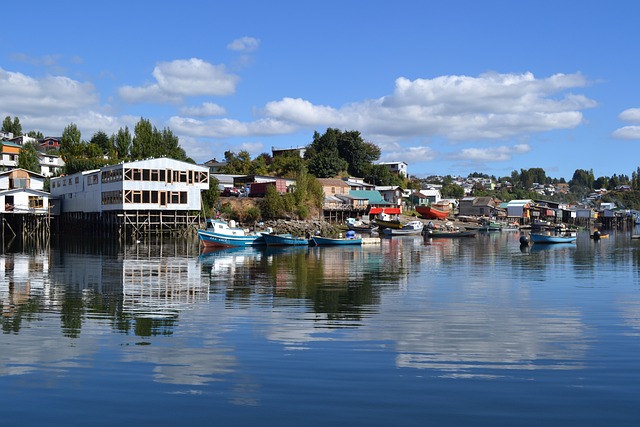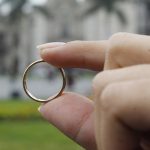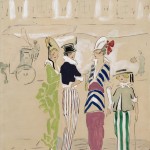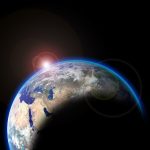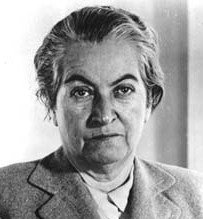The Person, the State and the Constitution
– The Chilean Civil Code distinguishes two types of people: natural and legal. The first has to do with the human being, whatever his age, sex or human condition, while the second is a group of natural persons that associate in a corporation or institution.
– The State is the power structure that is made up by four elements: population, territory, sovereignty and a set of norms.
– The Political Constitution is the fundamental law of judicial organization that is in charge of organizing the State and its form of government.
Human rights and forms of government
– The origins of human rights lie in human nature itself, and for this very reason they must be acknowledged for each and every person.
– The government is the supreme form of administration and control of the State. There are three types of government: monarchy, autocracy and democracy.
– Democracy is a system of political organization in which every member of society has the right to participate in the direction and management of public matters.
Nationality, Citizenship and the Electoral Process
– The Chilean Constitution establishes that Nationality can be obtained in two ways: natural or legal sources. The first has to do with the person’s birth and the second is when the State grants nationality to people that request it.
– The citizen is the person that has political rights and enforces them or makes them public in the country’s government. In order to do so, they must be registered in the Electoral Service registry.
